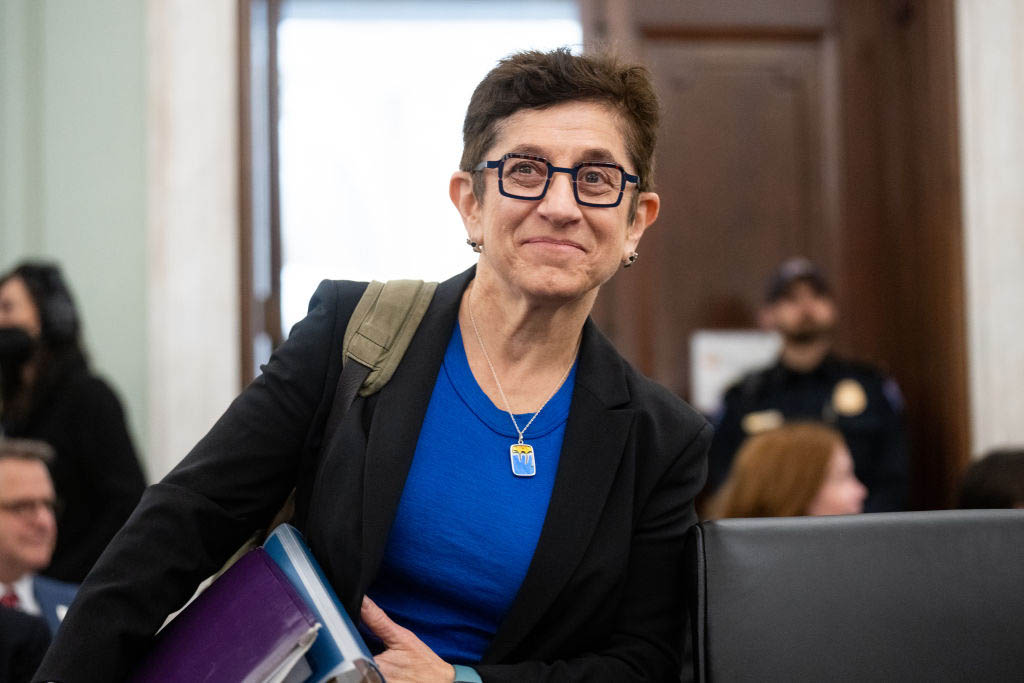
The history of a campaign that failed, in this case the one to get Gigi Sohn seated on the FCC, is one of bare-knuckles politics with no punches pulled.
Sohn came to her Federal Communications Commission nomination gauntlet having served at the agency as a top counselor to Democratic chairman Tom Wheeler, years of experience dealing with communications issues as head of a public advocacy group and an intellect and command of the issues that commanded respect from many on both sides of the aisle.
Many advocates for private industry have served on, and have even chaired, the FCC: Ajit Pai had been an attorney for Verizon Communications, while Tom Wheeler was an advocate for cable and wireless and head of their respective national associations. But Sohn would have been the first public advocacy executive on the commission, as well as the first openly gay commissioner.
Her historic nomination and decades of relevant experience, though, were not enough to overcome a perfect storm of leverageable issues and opportunities for legislators and industry players who were just as happy not to have a progressive Democrat seated who would give the FCC the majority to potentially restore network neutrality rules, expand the Universal Service Fund fee base or re-regulate radio and TV stations in an effort to stem consolidation.
A politically deadlocked commission, as this one has been for an unprecedented two years-plus, means controversial issues that a Democratic majority could tackle remain sidelined.
The White House over the weekend finally waved the red towel Sohn had thrown in weeks ago, saying, “The unrelenting, dishonest and cruel attacks on my character and my career as an advocate for the public interest have taken an enormous toll on me and my family.”
The ammunition used to take down her nomination was of varying calibers and origins. One line of attack, for example, linked her to support for a sex worker — an opportunity to use a salacious headline — because Sohn supported a free-speech group that did so.
Some broadcasters took aim based on Sohn’s association with Locast, the TV-station streaming service that asserted fair use rights to transmit those signals without compensation, but which had to close after a court disagreed it was covered by a copyright exemption.
Her comments that some construed — she said misconstrued — about rural broadband did not endear her to Sen. Joe Manchin (D-W.Va.), whose support, or lack of it, has been crucial on various fronts in a narrowly divided Senate.
Then there was the progressive campaign against another key, independent-minded senator, Kyrsten Sinema (I-Ariz.), over her willingness to work with Republicans on compromise net neutrality legislation rather than the Save the Internet Act favored by those progressive groups. Those groups took out billboards in Sinema’s home state attacking her.
While those groups were ones Sohn has supported, the nominee pointed out that did not mean she supported their tactics.
And Sohn made no friends at Fox Corp. with tweets dug up from her past about Fox News Channel “destroying democracy” and being “state-sponsored propaganda,” certainly not an unusual stance for progressives.
She did not disavow the Fox criticism, which Republicans have used to suggest she could not rule fairly on FCC issues involving Fox, though she has said before and said again in her written answers that she regretted the “sharpness” of her language.
But one former top Fox executive who disagrees with Sohn on many issues was one of her biggest supporters. Preston Padden, onetime president of distribution for Fox Broadcasting, who called out the “smear” campaign against a “superbly qualified” candidate.
Now it is up to the Biden administration to find a superbly qualified candidate who can manage to get enough votes in the Senate, a process that will extend the 2-2 commission deadlock for many months to come.







